Description
-
-
-
-
This pair of Dutch landscapes painted by Pieter Jansz van Asch (1603–1678) beautifully captures the tranquil essence of the Dutch countryside during the Golden Age.
The left painting depicts a peaceful riverside scene. A group of figures stands on the riverbank near a small boat, with tall trees and a rustic house adding depth to the background. The scene is bathed in soft, diffused light, which highlights the serene atmosphere. The careful arrangement of the elements and the subtle use of color exemplify van Asch’s ability to convey a sense of calm and natural beauty.
The right painting presents a similarly tranquil rural scene, with a focus on a path leading through the countryside, inviting viewers to imagine walking through the quiet, shaded landscape. Several figures are depicted along the path, engaged in hunting activities. The landscape features gently rolling hills and trees, all rendered with van Asch’s characteristic attention to detail and light. The expansive sky and the play of light and shadow across the landscape contribute to the painting’s peaceful and inviting mood.
Both paintings are framed in elegant, octagonal frames that enhance their aesthetic appeal.
These works highlight Pieter Jansz van Asch’s skill in creating detailed and harmonious landscapes, reflecting the serene and picturesque qualities of the Dutch rural environment. They are exemplary of his contribution to Dutch Golden Age painting, showcasing his talent for capturing the tranquility and beauty of nature.
Pieter Jansz van Asch (1603–1678) was a distinguished Dutch Golden Age painter known for his serene and meticulously detailed landscapes. Born in Delft, Netherlands, van Asch was the son of the painter Jan van Asch, from whom he likely received his initial artistic training. Van Asch’s work primarily focuses on rural scenes, featuring expansive views of the Dutch countryside, forests, and rivers. His paintings are characterized by their delicate handling of light and shadow, bringing a sense of tranquility and realism to his depictions. He had a particular talent for capturing the subtleties of natural light, which gave his landscapes a lifelike and atmospheric quality.
Throughout his career, van Asch remained in Delft, where he was an active member of the local artists’ guild. Much of his life remains relatively undocumented. Pieter Jansz van Asch passed away in 1678 in his hometown of Delft. Today, his paintings are appreciated for their peaceful and detailed portrayal of the Dutch landscape, offering a glimpse into the natural beauty of the 17th-century Netherlands. His works are held in various museums and collections, serving as a testament to his skill and contribution to Dutch art.
D I D Y O U K N O W ?
That the city of Delft paid van Asch 100 guilders for a mantel piece in the City Hall known as the Prinsenhof -
-
-



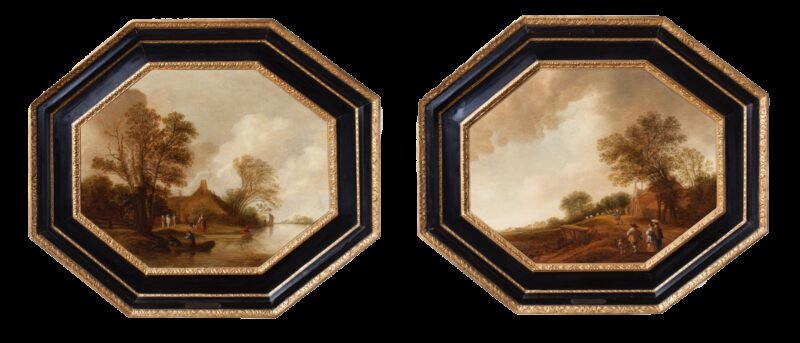
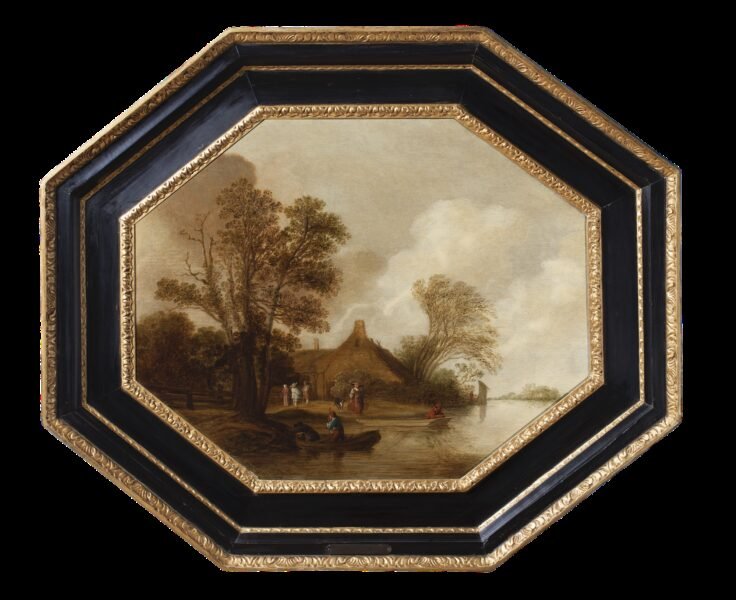
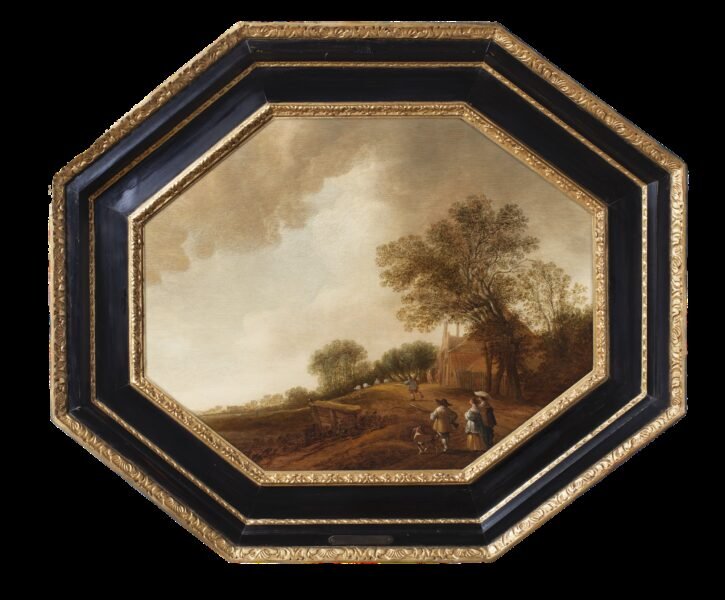

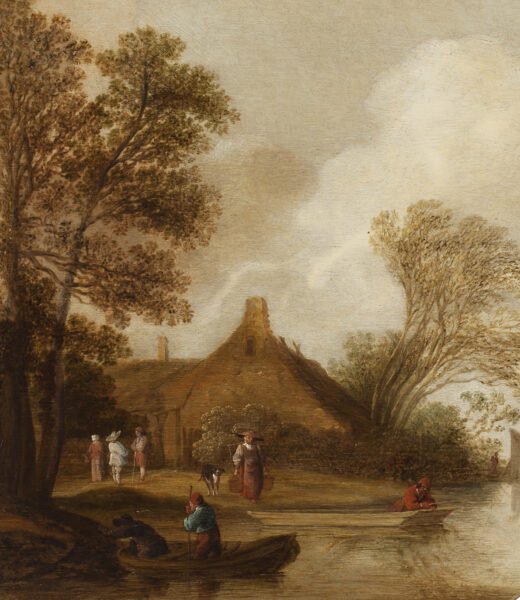
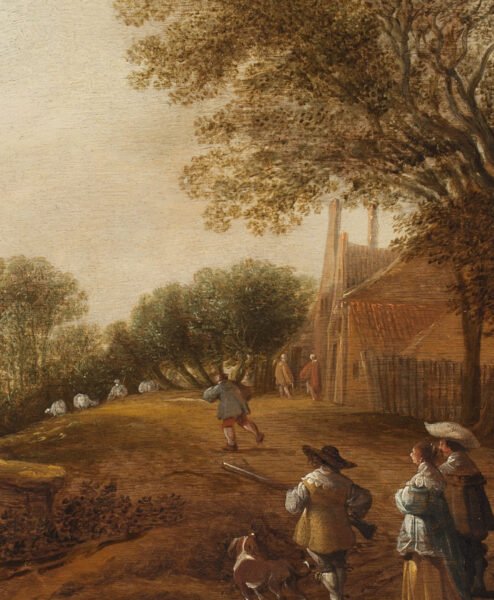
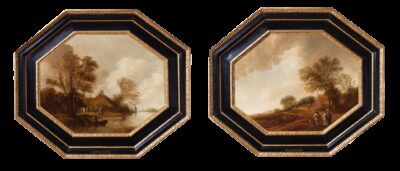
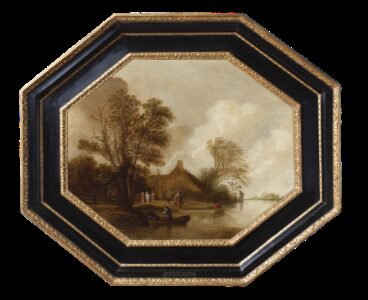
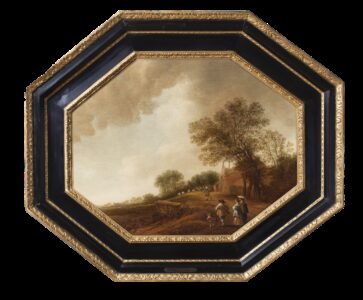
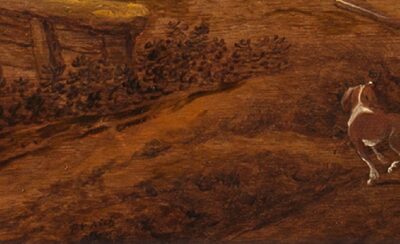
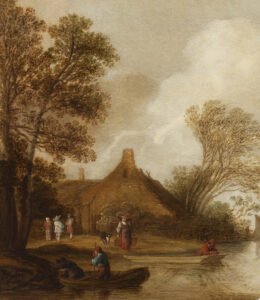
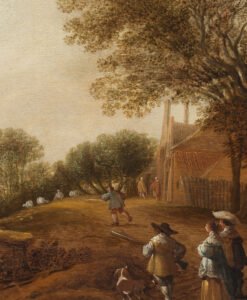
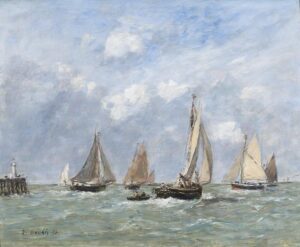
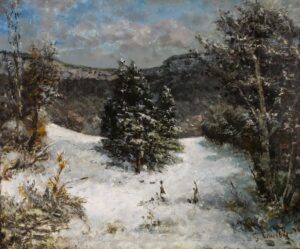

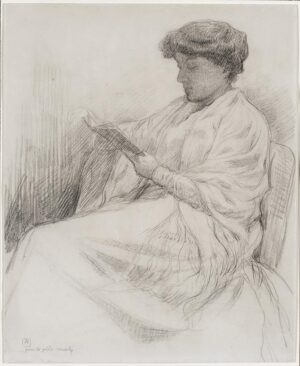
Reviews
There are no reviews yet.